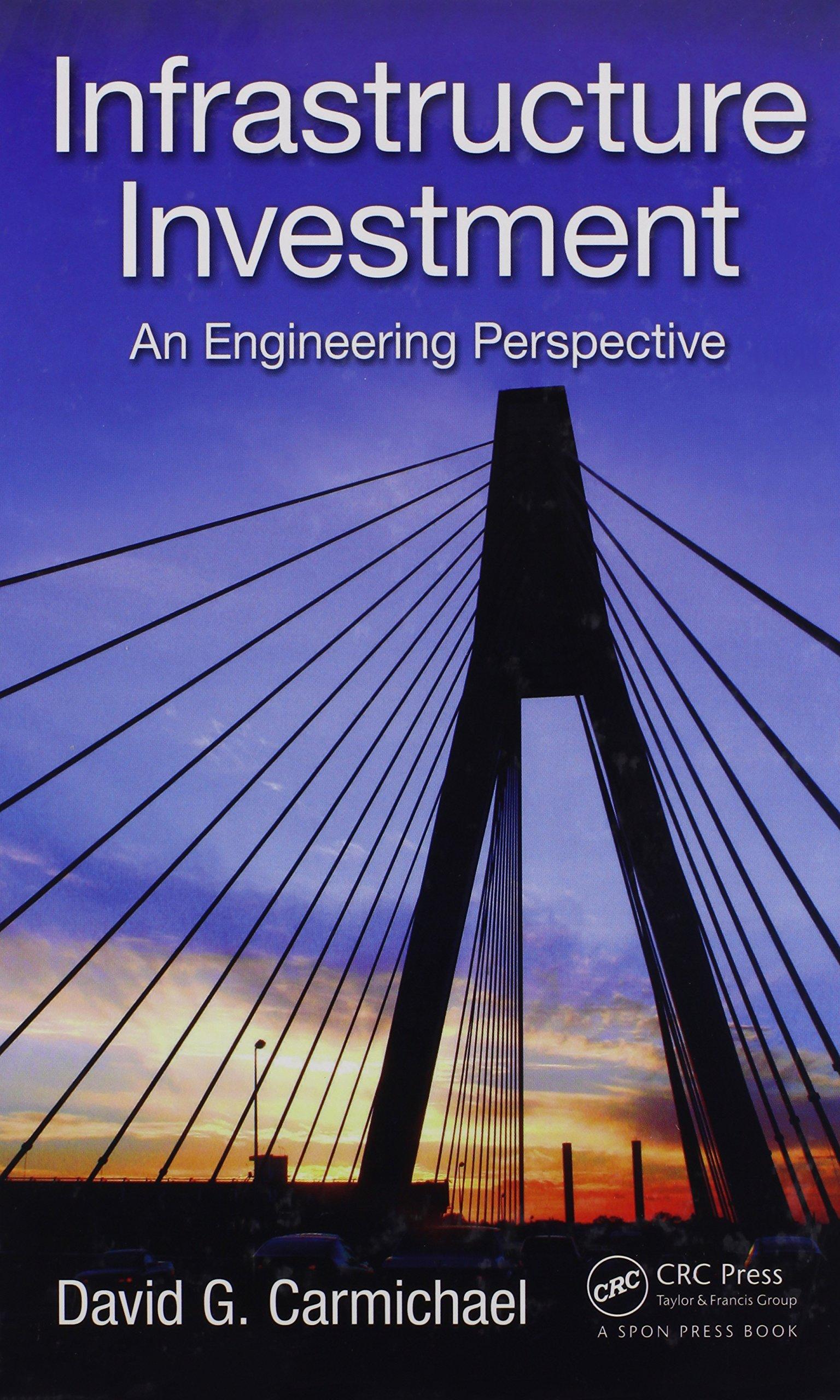Conversion between contract payment types. Commonly, projects start out with broadly defined information and this gets refined
Question:
Conversion between contract payment types. Commonly, projects start out with broadly defined information and this gets refined as the project progresses. Given the different characteristics and strengths and weaknesses of different contractor payment types, this implies that using one contract form for the entire duration of a project may not be optimal, and that a more prudent approach would be to tailor the payment type to the project stage, with transitions or conversions along the way. Information asymmetry, whereby the contractor is better informed of the work than the owner, and contractor self-interest leading to possible opportunistic behaviour, also hint at the need to tailor a contract to a project’s situation in order that the owner’s interests and the contractor’s interests align. Decreasing uncertainty as a project progresses influences estimates and the cost and benefit of conversion, the timing of the conversion and the selection of the most appropriate payment type. Consider the particular conversion from prime cost to fixed price contracts within projects. How does this transfer risk between owner and contractor? What compensation would you anticipate that the owner might pay and the tender premium or fee that the contractor might include for having such a conversion inclusion? What associated practical implementation issues are there? Outline the framework of analyzing convertible contracts involving an option to convert, using the approach of Chapter 7.
Step by Step Answer:

Infrastructure Investment An Engineering Perspective
ISBN: 9781466576698
1st Edition
Authors: David G. Carmichael






